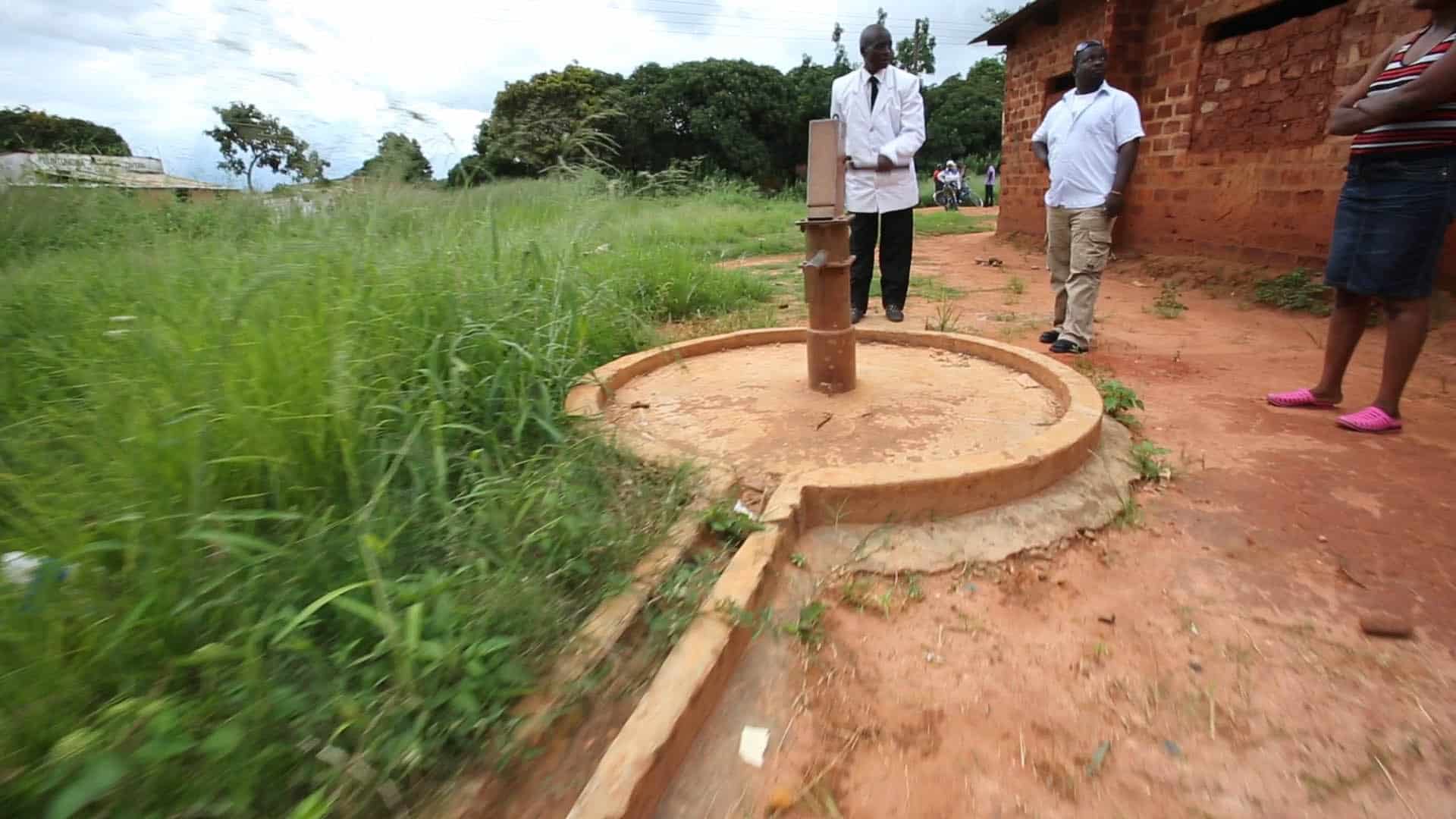Maybe sustainability isn’t the ultimate goal.
I know you’re wondering what aliens have taken over my body, but just as a thought experiment, consider for a moment: who actually is sustainable, really? And usually what we conjure up when we think about sustainability in the international development context is some kind of ongoing self-reliance in maintaining a particular system. But unless you’re part of some kind of self-isolated, farming religious sect bent on total independence from the outside world, we live within systems that are all highly inter-dependent.
Tack that fact up beside the reality that so few programs achieve a reasonable measure of sustainability; it makes me wonder if a focus on sustainability establishes the wrong tone, the wrong assumptions, and therefore the wrong strategies to accomplish the lofty goals we set.
Maybe our goal should instead be to generate “healthy inter-depency.” Doesn’t sound as sexy, I know, but that’s just because the marketers haven’t gotten ahold of it.
So how does this work? Well, imagine a typical water project where the goal is this concept of “sustainability.’ The usual formula is to select the right technology, whip together a local water committee, make sure there’s a healthy injection of hygiene and sanitation training, and then just add water (pun intended) to generate instant success. And it might work for a time as long the status quo remains. But, what happens when the conditions of success change? In a word: failure.
“Healthy inter-dependence” instead, recognizes and addresses two key realities: (1) very little in this world exists in isolation and (2) success cannot be built upon the assumptions of a static condition. This then gives us the freedom to open our eyes and embrace the interdependence of people and the systems they live in, and drive solutions toward strong inter-connection between them.
Imagine the same community where the community members have tight business relationships with local part suppliers and repair technicians; local government has been engaged together with the community and is monitoring their progress; they are connected to non-profit organizations operating in their area and are able to access grants and services; credibility with local banks has been established to manage money derived from user fees or take out a line of credit to further develop water infrastructure; but most of all, they have a strong voice and activism in their own development to continue accessing and using these networks.
I’m not arguing that we don’t want sustainability, but rather that as a goal it’s incredibly nebulous. Perhaps if we instead focus on creating systems of healthy inter-dependence, sustainability will become the inevitable result.
More Stories:
Categories

